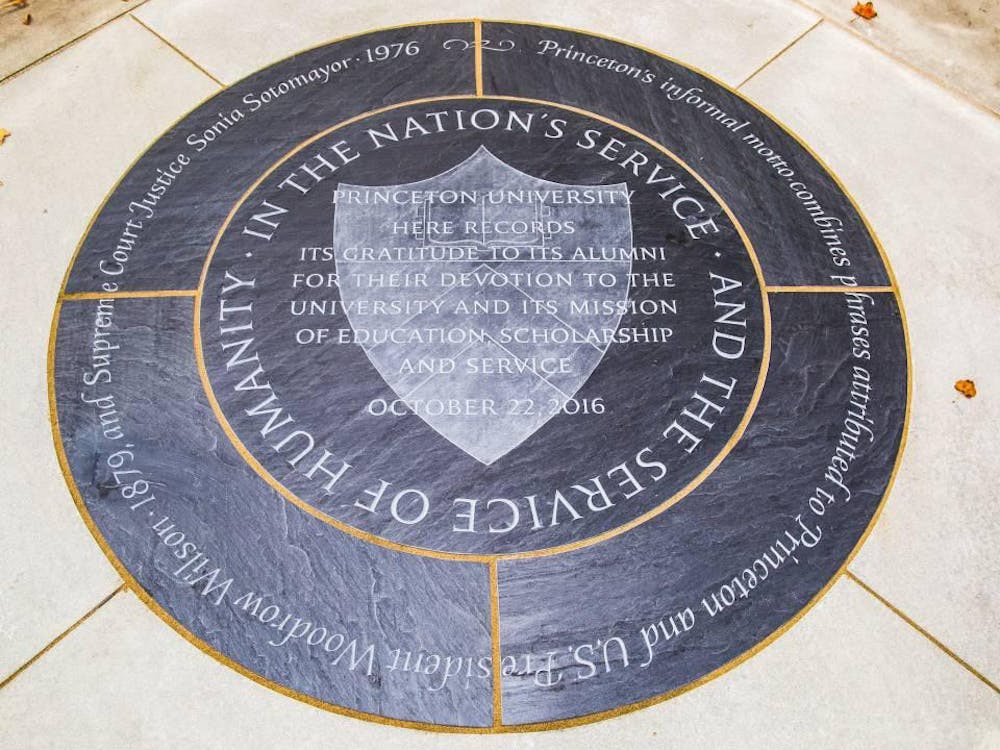One afternoon late in August, I got an email about a start-up company that was launching a Princeton branch for their new social media app. The app itself didn’t seem too different from Facebook — something about meeting people and shared interests and liking things — but it spurred me to thinking about how social media has such a steely hold on our lives. New startups are always trying to break into the market. This is so much the case that every long-winded, declarative article that comes out in TIME or The Huffington Post about the Millennials cites our obsession with social media as our downfall. They claim that our fixation with posting photos and statuses of everything we’re doing is evidence of our narcissism and our increased use of online communication as opposed to real-time interaction is symptomatic of our crippling laziness.
Types of social media can peak in trendiness and then wither away (remember Formspring?), but as a whole, it’s definitely here to stay. Rather than being our downfall though, I think that social networking and social media have just begun to define us, in a way that’s neither good nor bad. It’s a different form of interaction with its fair set of equal pros and cons. More than being Millennials, or the “Me Me Me Generation,” or whatever it is that TIME’s decided to call us, I think we’re the social media generation.
While at a brief glance it might seem like a small, rather trivial thing to be defined by, I think the obsession with social media says a lot about who we are. We communicate differently than our parents or our parents’ parents.
The generation that came before us pioneered modern uses of the Internet — from online business to online shopping — despite skepticism that it would never amount to anything more than a new form of communication, the next step after telegrams and telephones. The same way, I’ve tried to explain to my parents over dinner that the social media wave is more than just a cluster of websites that suck up too much of their kids’ time. It represents an even newer form of communication, different from email or even from text message.
Except, instead of changing communication in terms of medium or speed, the social media wave changes communication in terms of extent. It introduces a form of communication that’s passive. You don’t need to actively tell your best friend from middle school where you’re going to college because she saw your status update and already congratulated you. You’ve seen albums and albums of your niece’s baby photos despite the fact that she lives across the country and her mother keeps forgetting to call you back. Even though Facebook and similar sites have received a lot of criticism for being a platform for every old acquaintance’s mundane status update, and for a supposed lack of privacy, there’s a reason we keep coming back to it. Social media lets you feel like you’re always somewhat in the loop with all your friends without putting in too much effort. Its benefits far outweigh any offhand complaints we have.
The same way people were skeptical of what could and couldn’t be done on the Internet before, older people (or at least, my parents) are skeptical of what significant benefits social media can bring. The reason social media is such a passive medium of communication is that it’s already so seamlessly integrated into our lives, so it takes little additional effort to keep participating. This is particularly important because it’s revolutionized how companies advertise to us. It’s become an entirely new platform for marketing. The gym by my house offers a free “Belly-Busting Protein Shake” to anyone that follows them on Instagram. The pizza joint two blocks away gives away a free order of garlic knots for anyone that likes them on Facebook.
It seems sort of silly, offering tangible goods and services for nothing but a monetarily worthless click on a computer. But brands are increasingly relying on Facebook likes and check-ins and tags — the closest imitation of word-of-mouth recommendations one can get on the Internet. Companies have begun to hire interns whose only job it is to update the company’s Twitter feed. It’s a well-masked take on advertising, but also really brilliant because we often don’t even realize that we’re doing it.
The social media revolution is neither a testament to our laziness nor our narcissism. It’s merely a reflection on how we interact and the level of technology we allow to integrate into our lives. And who knows, maybe the upcoming futuristic looking Google Glass will spark another revolution, and in another 15 years, everyone will be living a life far more entangled with technology than we can currently even fathom.
Shruthi Deivasigamani is a sophomore from Cresskill, N.J. She can be reached at shruthid@princeton.edu.









